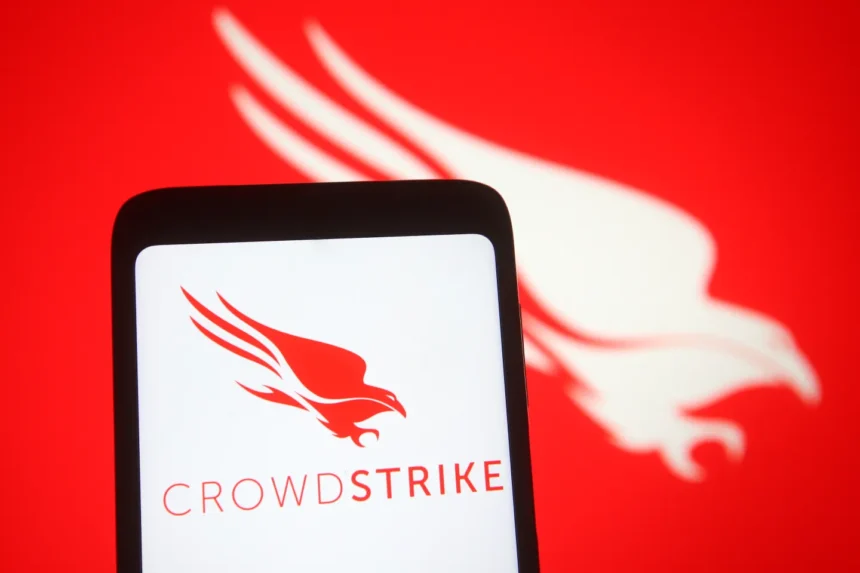CrowdStrike, a renowned cybersecurity firm, recently faced a significant challenge when a software failure led to a global Windows outage. The incident, now being dubbed the “Channel File 291” incident, resulted in the bricking of millions of computers worldwide. This catastrophic failure caused massive disruptions across various industries, including airlines and financial trading platforms, leading to an estimated loss of billions of dollars.
The scale of this incident cannot be overstated. Companies that rely heavily on Windows for daily operations found themselves at a complete standstill. From airline check-in systems to trading platforms, the ripple effect of the outage was felt globally. This event serves as a stark reminder of the vulnerability of even the most sophisticated systems to unforeseen software failures.
CrowdStrike’s swift response in publishing a detailed report on the root causes of the failure was commendable, showcasing their commitment to transparency and accountability. However, the financial and operational damage caused by this incident will likely have long-term implications for the company and its clients.
The Cause: A Conflict Validation Issue
The root cause of the Channel File 291 incident was traced back to a conflict validation issue related to a new template type introduced in a recent update. CrowdStrike’s content validator, a critical component of their software, is designed to process 20 inputs from the content interpreter. However, the new update introduced a 21st input, leading to a parameter mismatch that ultimately crashed the system.
This seemingly minor change had catastrophic consequences. The parameter mismatch caused the content validator to fail, which in turn led to the widespread bricking of Windows computers. The scale of the failure highlights the importance of rigorous testing and validation processes, especially when introducing changes to critical systems.
Despite the severity of the incident, CrowdStrike has assured its clients that the bug cannot be exploited by threat actors. This assurance is crucial in maintaining trust, as any hint of vulnerability could have further damaged the company’s reputation. Moving forward, CrowdStrike will likely need to review and enhance its testing protocols to prevent such incidents from occurring in the future.











